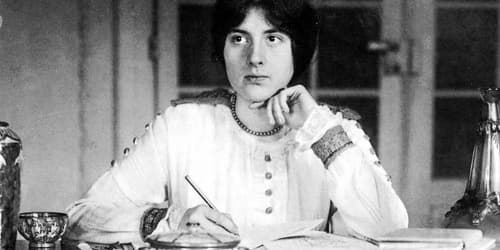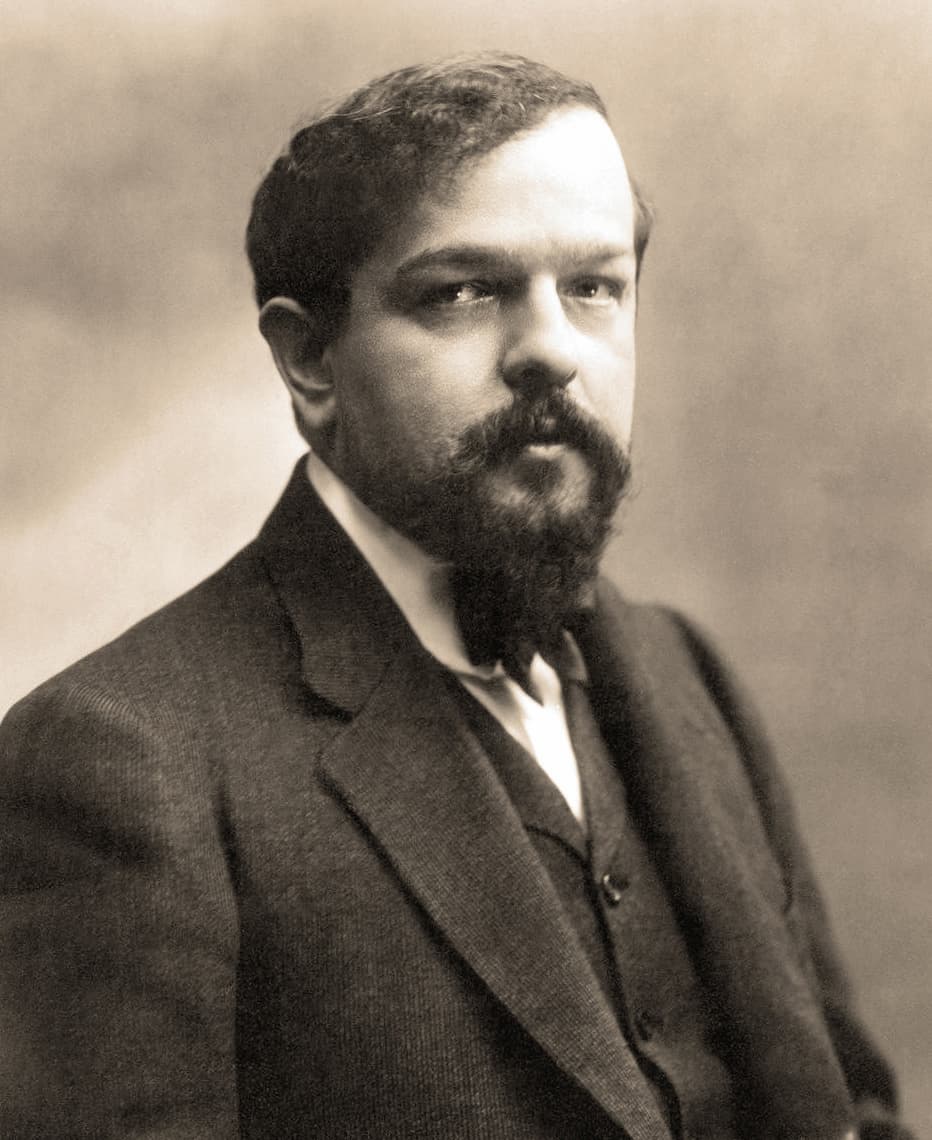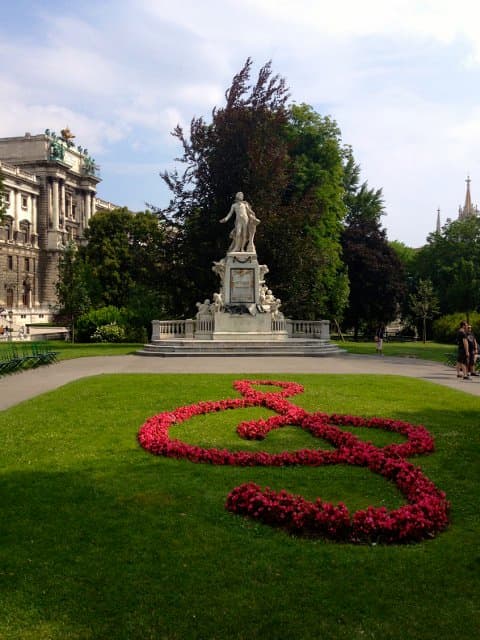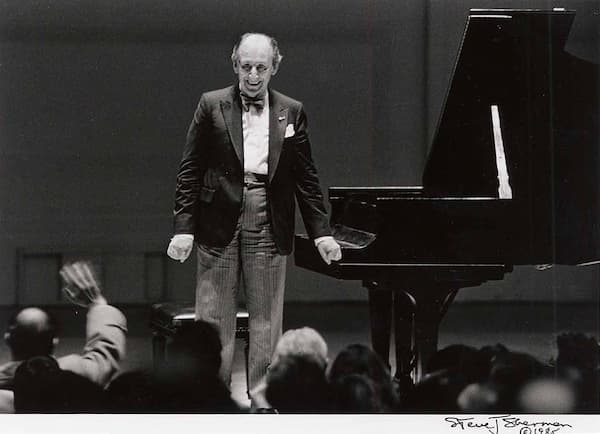Lili Boulanger (1893–1918), younger sister to Nadia Boulanger (1887–1979), was an accomplished composer, showing her musical talent by age two. She sat in on classes at the Paris Conservatoire from age 4, accompanying her 10-year-old sister Nadia. In 1913, she won the Prix de Rome, the first woman to do so. Her older sister had given up after her fourth try and it was up to Lili to accomplish what had seemed impossible. Their father, Ernest Boulanger, had won the Prix de Rome in 1835.

Lili Boulanger
Unfortunately, a long history of illnesses, starting with bronchial pneumonia at age two, and an untreatable case of intestinal tuberculosis led to her death at age 24.
Her musical style, much like her sisters, was influenced by her teacher at the Conservatoire: Gabriel Fauré, and also by Claude Debussy. Like Debussy, Lili was attracted to the edges of the art world and her works are much in line with both Impressionist and Symbolist ideas. Even more so than Debussy, her works feature a sense of obscurity and indirection, often leaving the listener with a sense of dislocation.

Nadar: Debussy 1908
Two of the last works before her death show her control of the material. D’un soir triste (On a Sad Evening) and D’un matin de printemps (On a Spring Morning), both written in 1917 through 1918. D’un soir triste was the last work Lili completed on her own, writing a complete manuscript. D’un matin de printemps was mostly completed by Lili before her death, but final dynamics and performance directions were added by Nadia to prepare it for publication. The last work was originally written for violin and piano, but arrangements of it for flute and piano and for piano trio were made, as was the one heard here, for orchestra.
Lili didn’t leave us her program for these two works beyond the titles. D’un soir triste is very Debussy-esque, all emotion and shadow. This work is as much pure music as it is programme music.
Lili Boulanger: D’un soir triste (Orchestre National de Metz Grand Est; David Reiland, cond.)
A completely different feeling is in her work about Spring. It hops, it skips, it dances in the sunlight. One writer compared the two works saying that they were two aspects of the same composer, using the same ‘thematic, rhythmic, and harmonic’ material but to very different ends.
Lili Boulanger: D’un matin de printemps (Orchestre National de Metz Grand Est; David Reiland, cond.)
Lili died on 5 March 1918; Debussy died 20 days later. She was 24 and he was 56. Both died too young but both were leaders in French music in their own way.
For more of the best in classical music, sign up for our E-Newsletter



